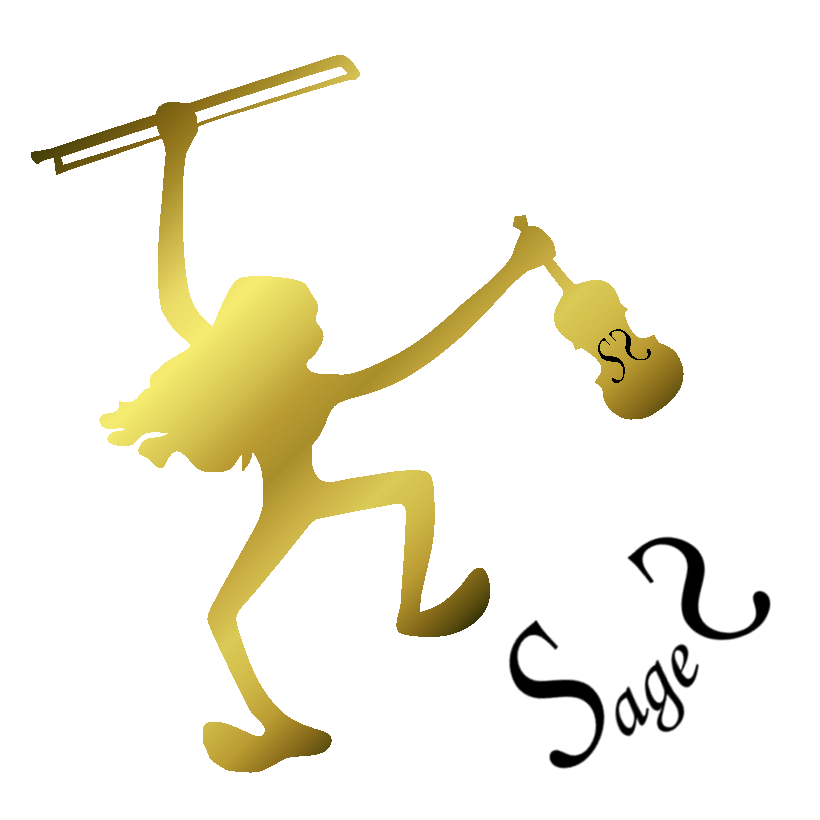
Day #6: Role Models
Today, a post answering my own question from yesterday: Do you know any good political songs or artists that build bridges?
I ended yesterday asserting skepticism that political songs can build “bridges” between truly different people. Here’s a recent Ed Helms/Jack Black song (“A Song to Fix Politics”) parodying how ineffective these types of songs often are:
However, there are people making art that battles polarization more effectively. Craig Havighurst gave one great bluegrass example in his article: Rhiannon Giddens bringing diversity “back” into bluegrass (for more on this, see yesterday’s article). But bluegrass isn’t the only artform making this type of progress. Here’s three very different artists doing “bridge” work:
First, this awesome podcast called “Conversations With People Who Hate Me” by Dylan Marron, a hysterically creative and courageous “writer, performer, and videomaker.” While all of us have seen/received hate messages online, Dylan actually calls the people behind his hatemail to find out the reasoning behind their words. It’s amazing to hear how differently people communicate when they realize there’s a human on the other side.
Second, the new Netflix remake, “Queer Eye” (for the Straight Guy). I didn’t see this brilliance coming, but this show isn’t really about fashion, remodeling, or self-grooming—although those topics are highly entertaining. Rather, it’s the tensions and bonds that form between these 5 eccentric “queers” and their extremely diverse (but often conservative) “straight guys” that make this show relevant and fascinating. Seriously. Give it a chance (trailer here).
Third, the program “Songwriting With Soldiers,” which proves (despite my skepticism) that songs can bridge differences. This program pairs soldiers with professional songwriters who help them “tell their stories, rebuild trust, release pain, and forge new bonds” in song. That music is then recorded and shared, “to bridge the divide between military and civilian communities, and build awareness of the challenges faced by our returning service members.” Mary Gauthier, one of the program’s songwriters, has talked about why songs specifically can forge such powerful connections:
“Songs build bridges over broken human connections…. They reassure us that our deepest fears – that no one has ever felt the way I do before, that no one could understand what I am going through, that I am totally and utterly alone — are not true. We humans are so very much alike on the inside, and songs announce to the world our universal human condition, through their lyrical and melodic expressions of how we feel. They are timeless, weightless, and can’t be seen, but they are the great human connectors….” –Mary Gauthier (more here)
I think all these people and programs are doing incredible work, and I hope to eventually find my own path in making music that builds “bridges.” As always, if you have ideas or want to get involved, get in touch!






